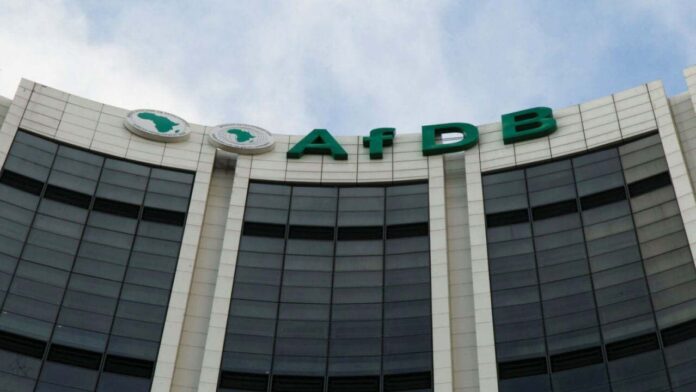The Board of Directors of the African Development Bank Group has approved a €63 million loan to Kenya to significantly boost cereals and oil seeds production by over 1.5 million metric tonnes over the next two years.
The production increase will help bolster national food security and economic resilience.
The loan is part of the African Development Bank’s $1.5 billion African Emergency Food Production Facility, an Africa-wide initiative to avert a looming food crisis exacerbated by the war in Ukraine.
The loan will support the country’s Ministry of Agriculture, Livestock, Fisheries and Cooperatives (MoALFC). It will enable the government to promptly provide affordable fertilizer and seeds to farmers ahead of the October-December 2022 short rains and into the 2022/2023 long rains crop production season.
“We are pleased to present the Kenya African Emergency Food Production Facility,” said Dr. Beth Dunford, the Bank’s Vice President for Agriculture, Human and Social Development.
“Successful implementation of the Facility will see some 650,000 farmer direct beneficiaries, resulting in the production of 1.5 million tonnes of cereals and oil seeds. In all, the Facility will positively impact some 2.8 million people,” she added.
The project entails the delivery of certified seeds, fertilizers and agricultural extension to 650,000 farmers to boost productivity. An e-voucher system will be used to ensure that subsidies for inputs are “smart”.
Another component of the project will provide trade finance guarantees and leverage the private sector to ensure sufficient volumes of fertilizer are available to farmers. In addition to boosting staple food availability, the project, which targets smallholder farmers, is expected to particularly benefit women and youth.
“The government is looking into ways and means of addressing the cost of ‘unga’ (maize flour) to bring it down so that consumers can afford it,” said Peter Munya, Cabinet Secretary for the MoALFC.
The agriculture sector remains the backbone of the Kenyan economy, employing 70% of the rural population and accounting for about 65% of export earnings, although its share in the GDP has declined over the recent past.
Still, Kenya—and other countries in East Africa and the Horn of Africa — have been hit hard by not only the inflationary effects of the war in Ukraine, but also locust swarms and climate- and drought-related impacts.
The number of food-insecure people in the country’s pastoral and marginal areas rose by 48% between August 2021 and February 2022, according to estimates.
These overlapping shocks—together with the Covid-19 pandemic–have set back Kenya’s progress towards achieving the sustainable development goals.
On May 20, the Bank Group’s Board of Directors approved the African Emergency Food Production Facility, which will provide agricultural seeds to 20 million African farmers.
The goal is to produce an additional 38 million tonnes of food, primarily wheat, maize, rice and soybeans that will generate $12 billion over the next two years.




